Agriculture and tourism remain separate
At the conference "Issues in starting a business in agricultural tourism and rural tourism" on the afternoon of July 24, Dr. Nguyen Tat Thang - Deputy Head of the Faculty of Foreign Language Tourism (Vietnam Academy of Agriculture) - assessed that Vietnam has a very rich and diverse potential for tourism development. From the provinces in the Northern mountainous region to the Red River Delta, the Central region or the Central Highlands, the Mekong Delta... each region has its own socio -economic characteristics and rich products.
Our country is home to 54 ethnic groups, with diverse and unique cultural identities. Most of the workforce is concentrated in the agricultural and rural areas.
The Party and the State are having a policy to develop agricultural and rural tourism , and businesses and farmers also want and are doing agricultural tourism. This is truly a chance and opportunity to develop agricultural tourism more and more effectively.
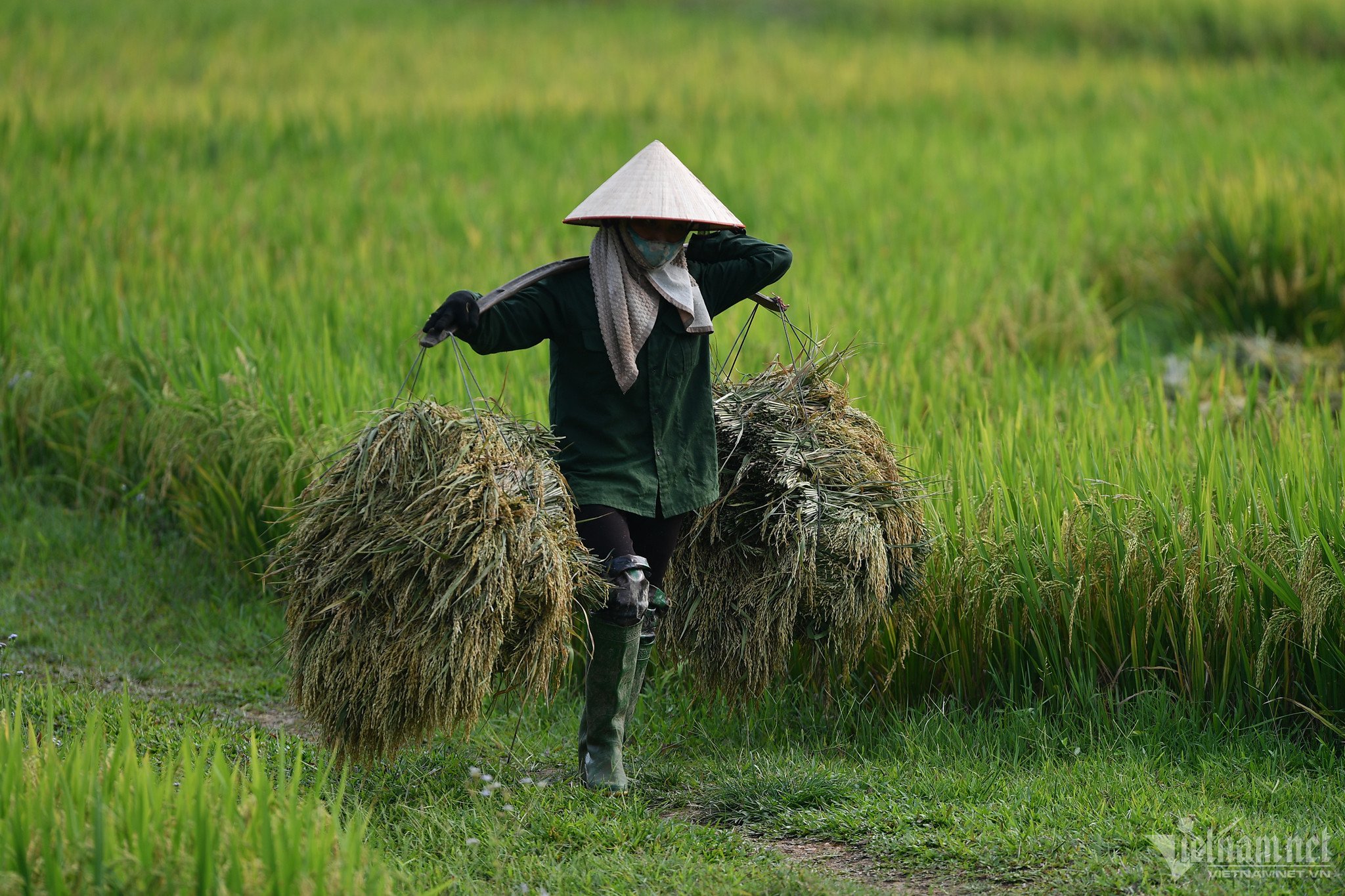
Many experts in the industry compare agricultural tourism to a "gold mine", but we have not yet exploited this advantage. Meanwhile, in other countries around the world, agricultural tourism has been implemented since the 80s of the last century. Mr. Thang believes that this is a solution for effective and sustainable development to increase people's income and change the face of the countryside, preventing the flow of people from the countryside to the city.
From the perspective of someone who has worked in agriculture for nearly 20 years and has traveled to many places, Ms. Nguyen Thi Thanh Thuc, Director of Bagico Joint Stock Company, gave the example of the Chinese market - a country near Vietnam and with many similarities to rural Vietnam - which exploits rural tourism very well.
Vietnam has a lot of potential for developing rural tourism, such as terraced fields that have become famous tourist assets without much investment, or coastal areas, coconut growing areas, rice growing areas from North to South...
With the agricultural sector having a long history of development, if exploited in conjunction with tourism, this will be a very potential industry, she commented.
"However, I feel like these two fields have nothing to do with each other. Farmers still have to work hard in the fields, focusing only on production; while tourism means eating well, dressing well, and traveling from place to place," she said.
Ms. Nguyen Thi Thanh Thuc raised the question: how to combine these two fields together. Establishing a sustainable, happy "marriage" for many generations requires the experiences and advice of those working in agricultural tourism, she said.
As a successful farmer in rural and agricultural tourism in Sin Suoi Ho commune (Phong Tho, Lai Chau), Mr. Vang A Chu said that in the past, people worked in the fields but were still poor. Now, people build motels, grow vegetables, weave brocade, etc. to welcome tourists, so their income has increased and their lives are more prosperous.
"My family has food and savings thanks to tourism, we don't have to work hard on the fields like before, but focus on receiving tourists and making tourism products to sell," said Mr. Chu. However, people working in tourism like Mr. Vang A Chu still face many difficulties in capital; the transportation system in the village is not convenient and they lack experience.
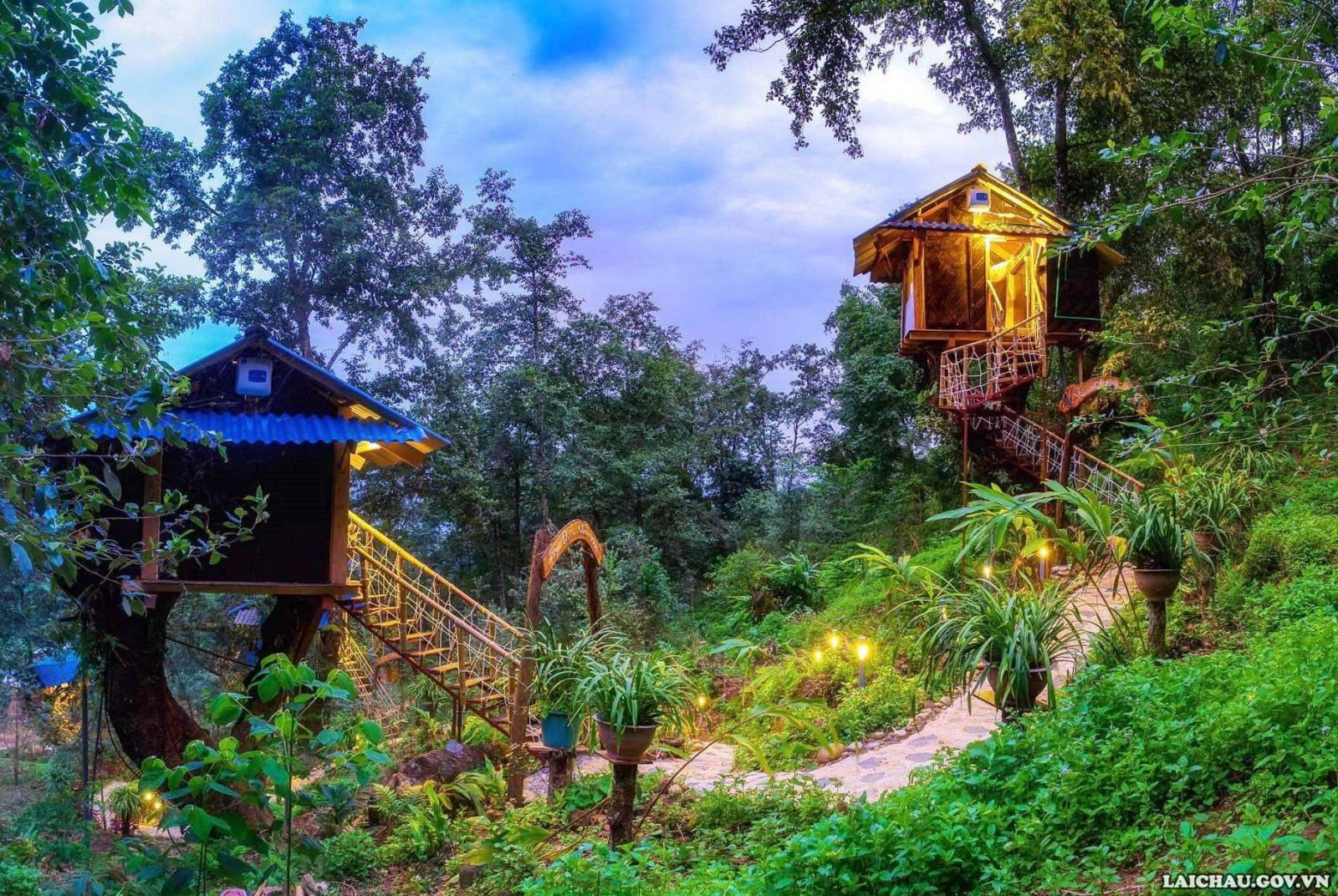
Find the difference, let customers experience with emotions
Sharing his experience in agricultural tourism, Mr. Hoang Van Dai, Standing Deputy Secretary of the Party Committee of Sin Suoi Ho Commune, said that the village has 145 households, most of whom are involved in community tourism. In the village, there is an art troupe, a restaurant, and a clean, convenient homestay to serve tourists.
Sin Suoi Ho has coordinated with all levels, sectors and businesses to promote this tourist destination - which is likened to a "beautiful girl who has not yet woken up", he said.
Mr. Vo Van Phong, Director of C2T Tourism Company, said that it is necessary to find the differences in each locality. This is the strength to attract tourists.
His hometown Ben Tre has a lot of coconuts, eating rice with bowls made from coconut shells, cooking sour soup with coconut water, making hats from coconut leaves, etc. are the culture of the local people. Based on cultural differences to introduce to tourists and let them experience it emotionally, he cited.
"I am a local, so I understand the local area and understand customers. I am not good at foreign languages, I only give customers emotional and cultural experiences. I think this is the most important factor in tourism. When customers have emotions, experience and appreciate cultural values, they will definitely come back," he emphasized.
He also noted that when linking to do agricultural tourism, it is necessary to harmonize the interests of all parties. Only when there is mutual benefit will the bond be truly long-lasting. In addition, it is necessary to train young people, including the elderly, to know how to use the Internet to write introductions and promote community tourism in their regions.
Citing the saying “buying with friends, selling with partners”, expert Nguyen Thi Thanh Thuc said that the revenue from agricultural tourism comes not only from tours, but also from the profit from selling agricultural products and specialties. Therefore, it is necessary to unite and unite with each other, to create a healthy and sustainable playground.
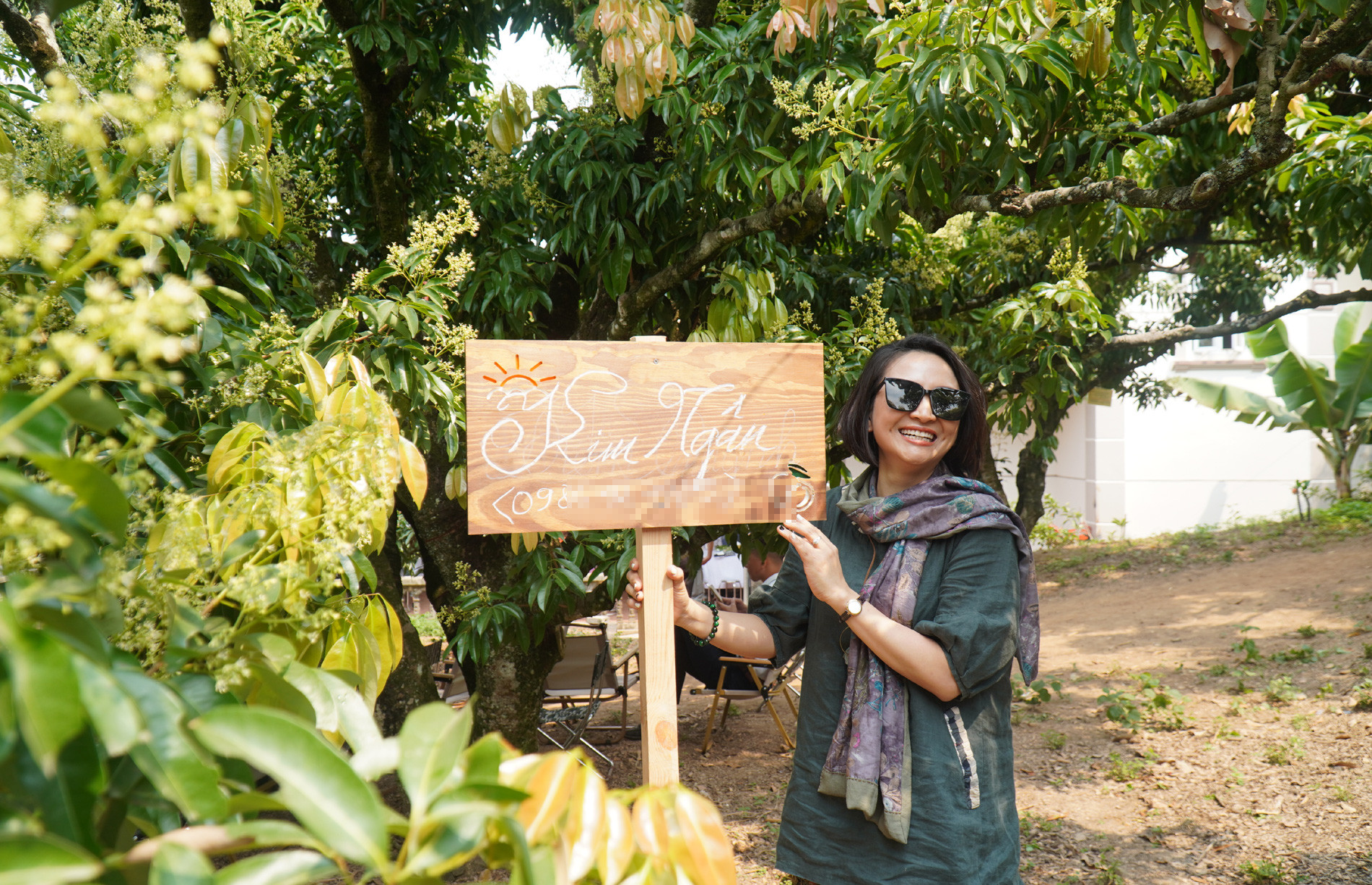
Source


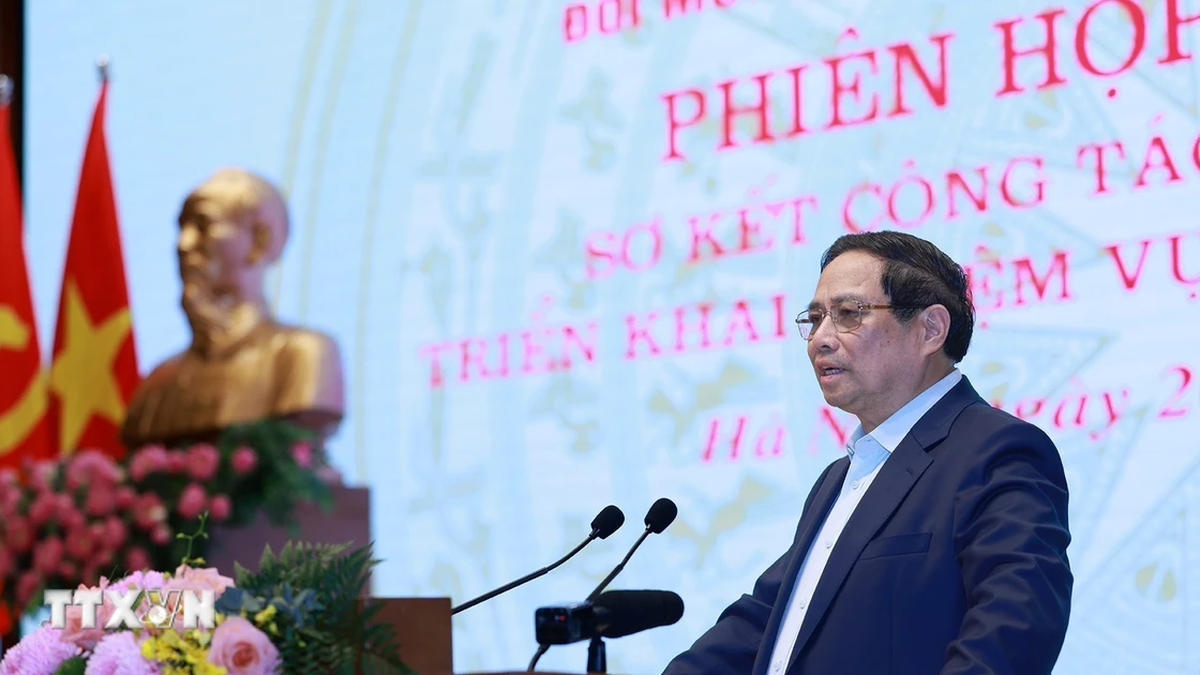
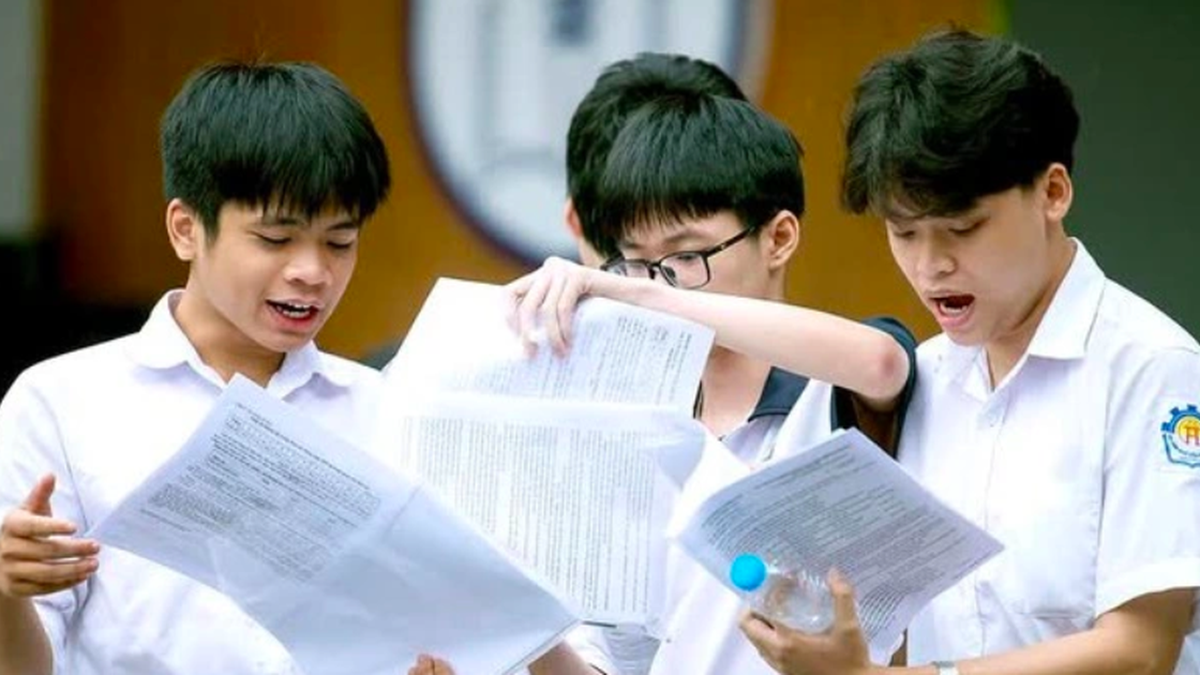
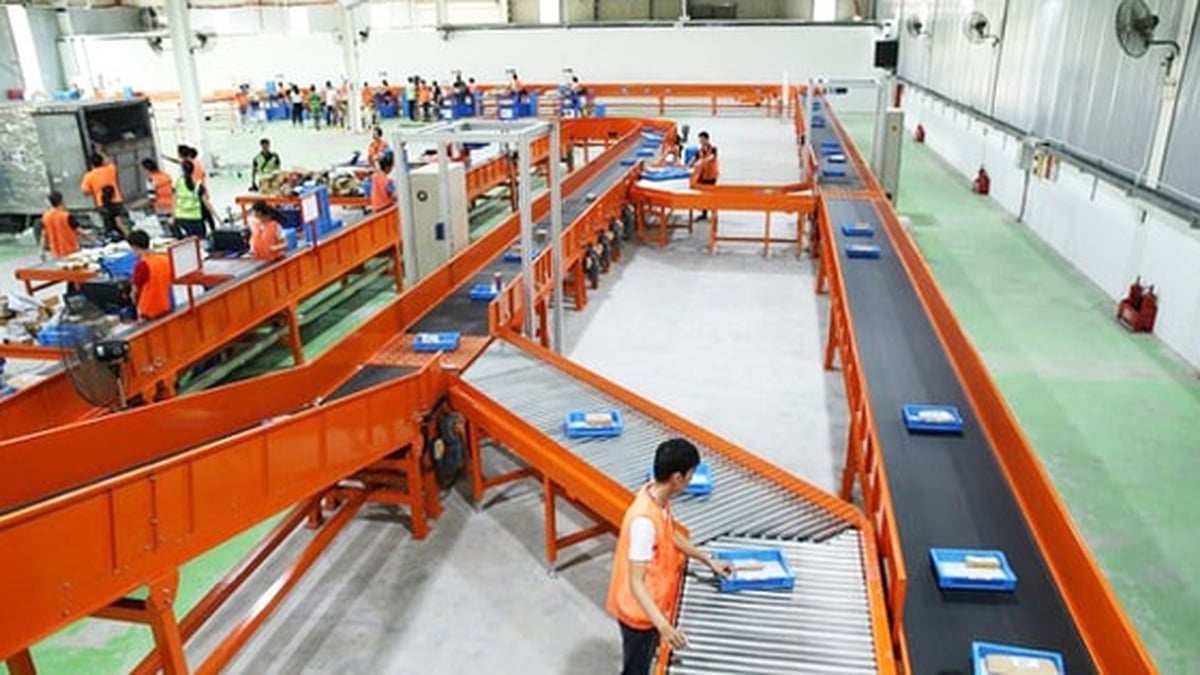
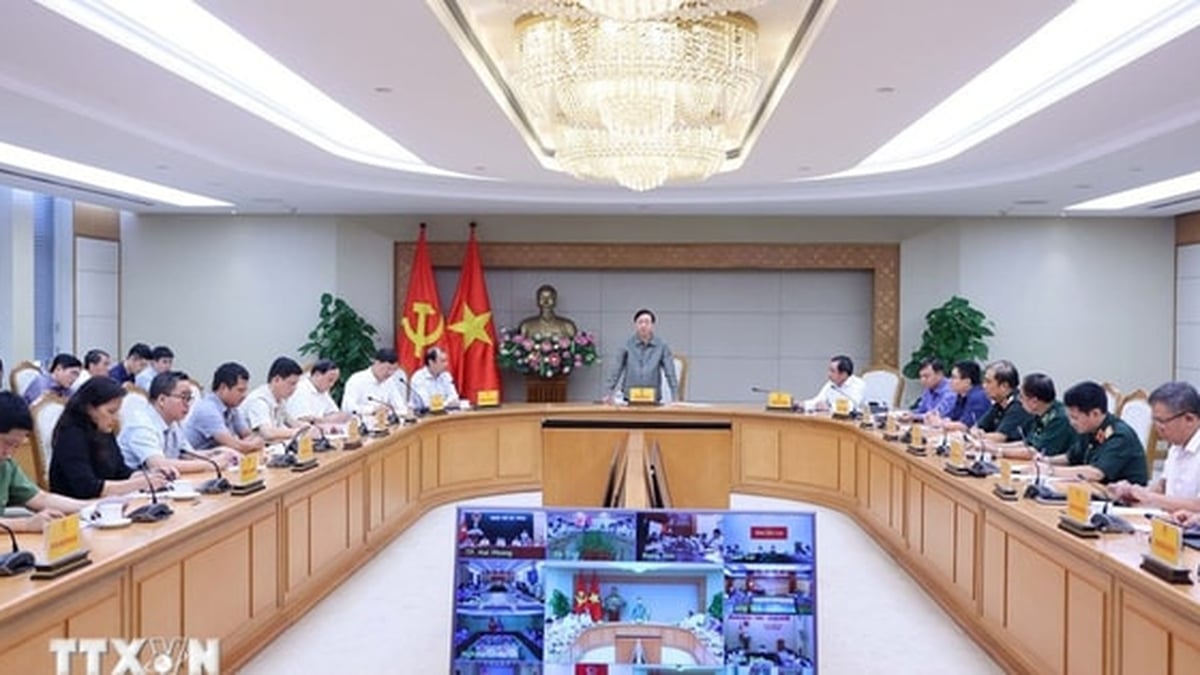
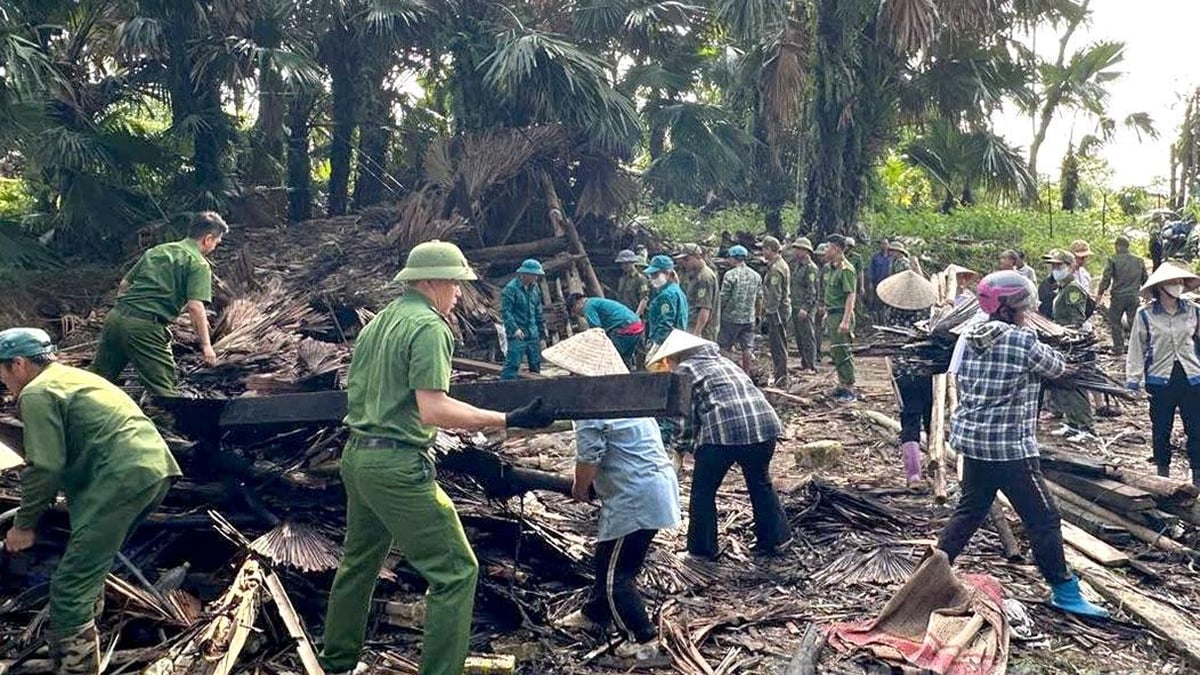

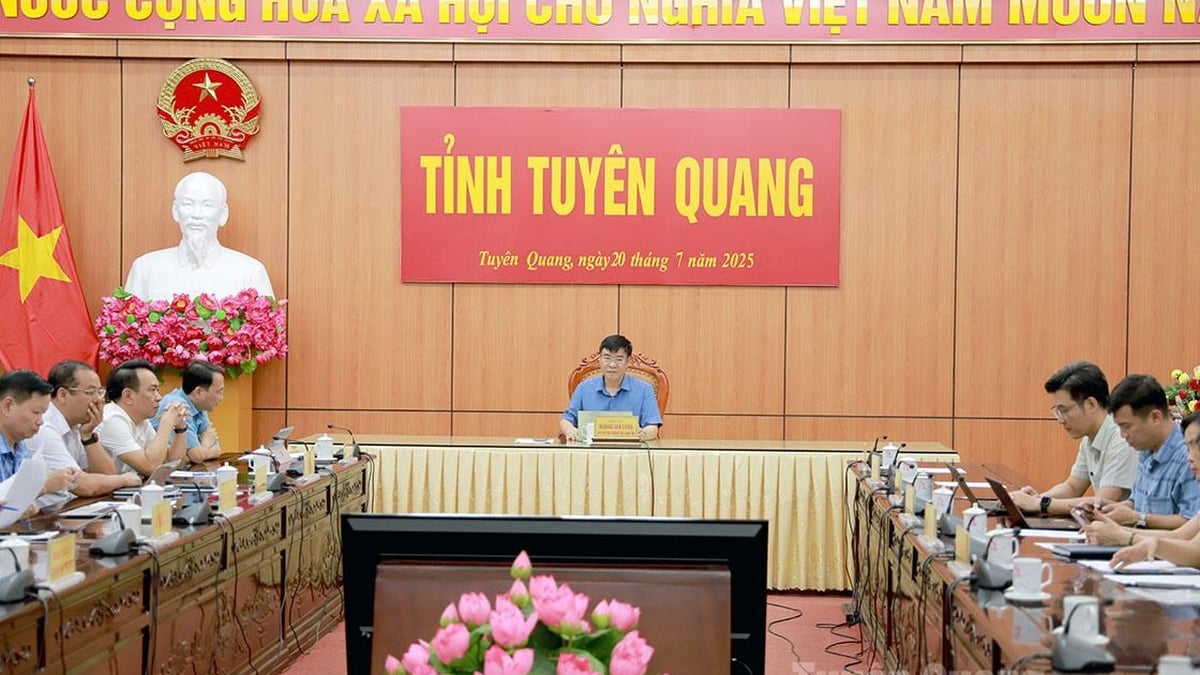
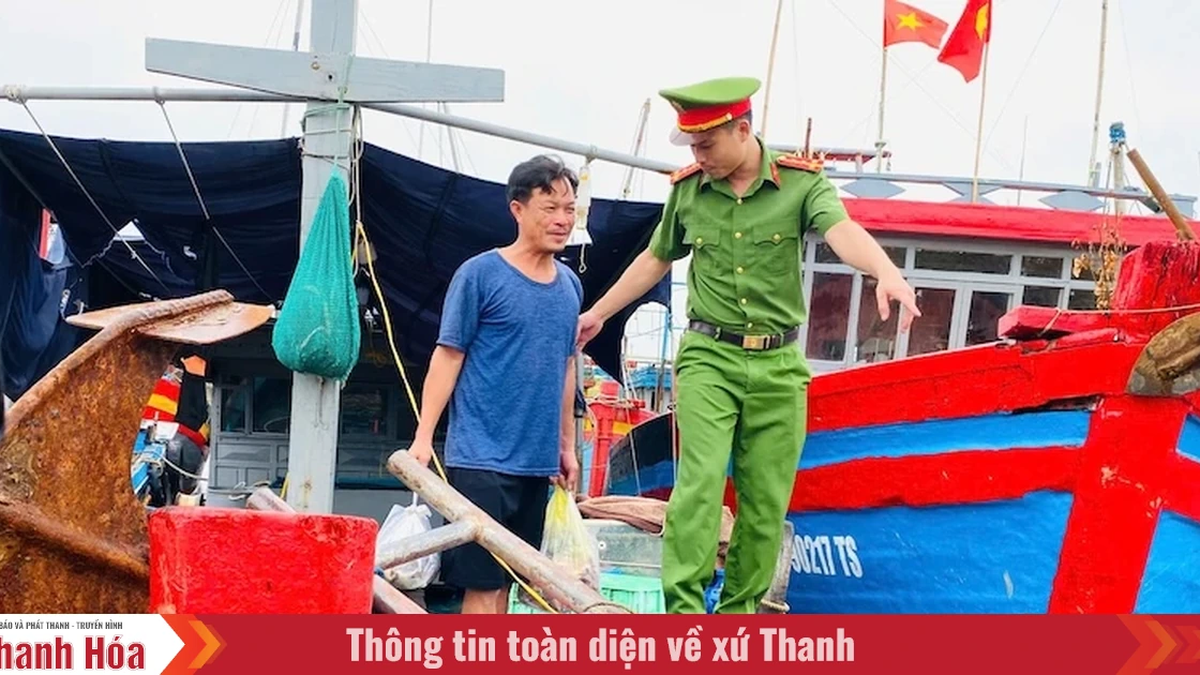
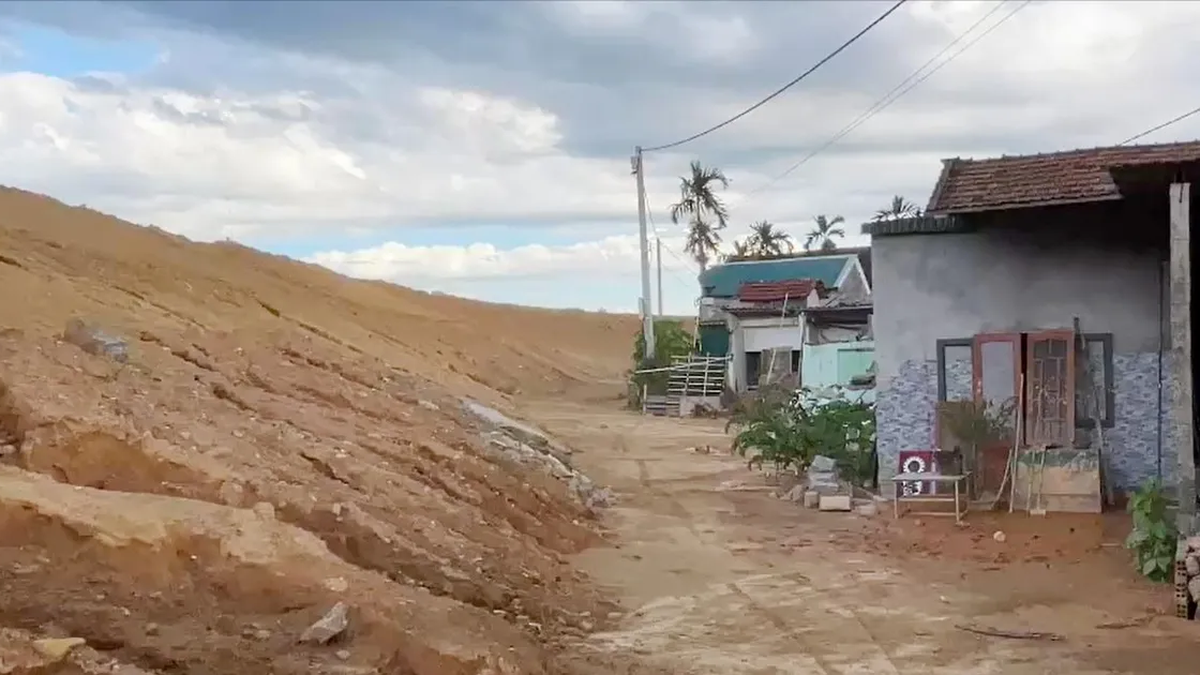
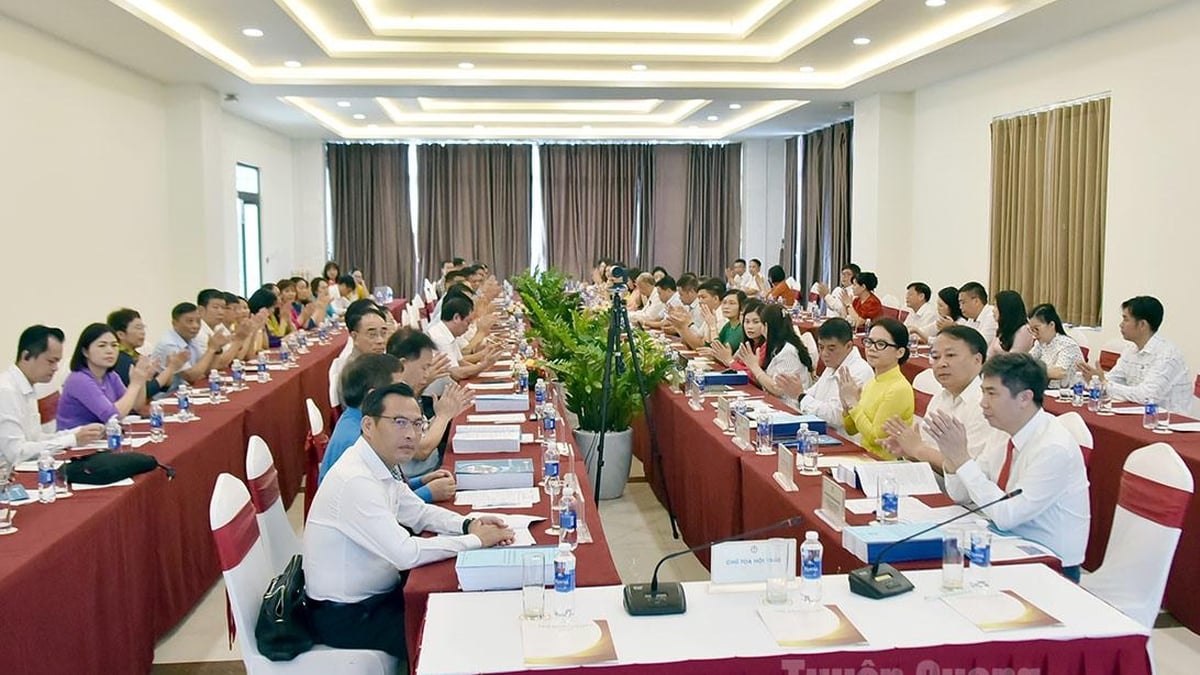














![[Photo] National Assembly Chairman Tran Thanh Man visits Vietnamese Heroic Mother Ta Thi Tran](https://vphoto.vietnam.vn/thumb/1200x675/vietnam/resource/IMAGE/2025/7/20/765c0bd057dd44ad83ab89fe0255b783)








































































Comment (0)